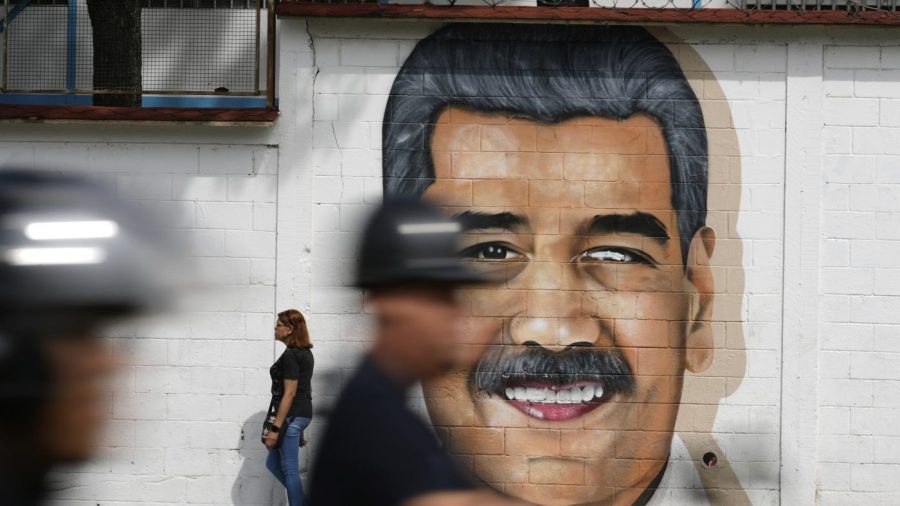World
US Consideration of Regime Change in Venezuela Raises Stakes

The United States is weighing the possibility of regime change in Venezuela, a move that could significantly impact the geopolitical landscape in the region. Overthrowing the government led by Nicolás Maduro may disrupt the influence of countries such as China, Russia, and Iran in the Western Hemisphere.
The current Venezuelan administration has been at odds with the United States for years, primarily due to its authoritarian practices and economic mismanagement. As the situation in the country deteriorates, the U.S. is exploring options that could remove Maduro from power. This effort is seen as a direct counter to the growing ties between Venezuela and nations that challenge U.S. influence.
Geopolitical Implications of Regime Change
A shift in power in Venezuela could represent a significant setback for both China and Russia, who have invested heavily in the Venezuelan economy. In recent years, China has provided approximately $60 billion in loans and investments, while Russia has been involved in oil production and military support. The Iranian connection is also noteworthy, as Tehran has strengthened its ties with Caracas amid sanctions imposed by the United States.
Removing Maduro would likely open the door for a government that aligns more closely with U.S. interests, potentially reshaping trade and diplomatic relations in the region. Analysts suggest that this shift could curtail the influence of these three nations, who have been seeking to expand their foothold in Latin America.
Challenges Ahead
While the prospect of regime change may seem appealing to some, the U.S. faces numerous challenges. The Venezuelan populace has endured significant hardship, including hyperinflation and food shortages, which complicates any potential transition to a new government. Moreover, there is a risk of violence and instability during the changeover, which could further exacerbate the humanitarian crisis already present in the country.
International responses to U.S. actions will also play a crucial role. Countries such as Mexico and those within the European Union may oppose any overt intervention, advocating instead for diplomatic solutions. Balancing these international relationships while pursuing regime change will be a delicate task for U.S. policymakers.
In summary, the potential for regime change in Venezuela poses significant implications not only for the region but also for global power dynamics. As the U.S. considers its next steps, the outcomes could redefine relationships with key players in the geopolitical arena.
-

 Lifestyle5 months ago
Lifestyle5 months agoLibraries Challenge Rising E-Book Costs Amid Growing Demand
-

 Sports4 months ago
Sports4 months agoTyreek Hill Responds to Tua Tagovailoa’s Comments on Team Dynamics
-

 Sports4 months ago
Sports4 months agoLiverpool Secures Agreement to Sign Young Striker Will Wright
-

 Lifestyle4 months ago
Lifestyle4 months agoSave Your Split Tomatoes: Expert Tips for Gardeners
-

 Lifestyle4 months ago
Lifestyle4 months agoPrincess Beatrice’s Daughter Athena Joins Siblings at London Parade
-

 Science4 months ago
Science4 months agoSan Francisco Hosts Unique Contest to Identify “Performative Males”
-

 World4 months ago
World4 months agoWinter Storms Lash New South Wales with Snow, Flood Risks
-

 Science5 months ago
Science5 months agoTrump Administration Moves to Repeal Key Climate Regulation
-

 Business5 months ago
Business5 months agoSoFi Technologies Shares Slip 2% Following Insider Stock Sale
-

 Science5 months ago
Science5 months agoNew Tool Reveals Link Between Horse Coat Condition and Parasites
-

 Sports5 months ago
Sports5 months agoElon Musk Sculpture Travels From Utah to Yosemite National Park
-

 Science5 months ago
Science5 months agoNew Study Confirms Humans Transported Stonehenge Bluestones









